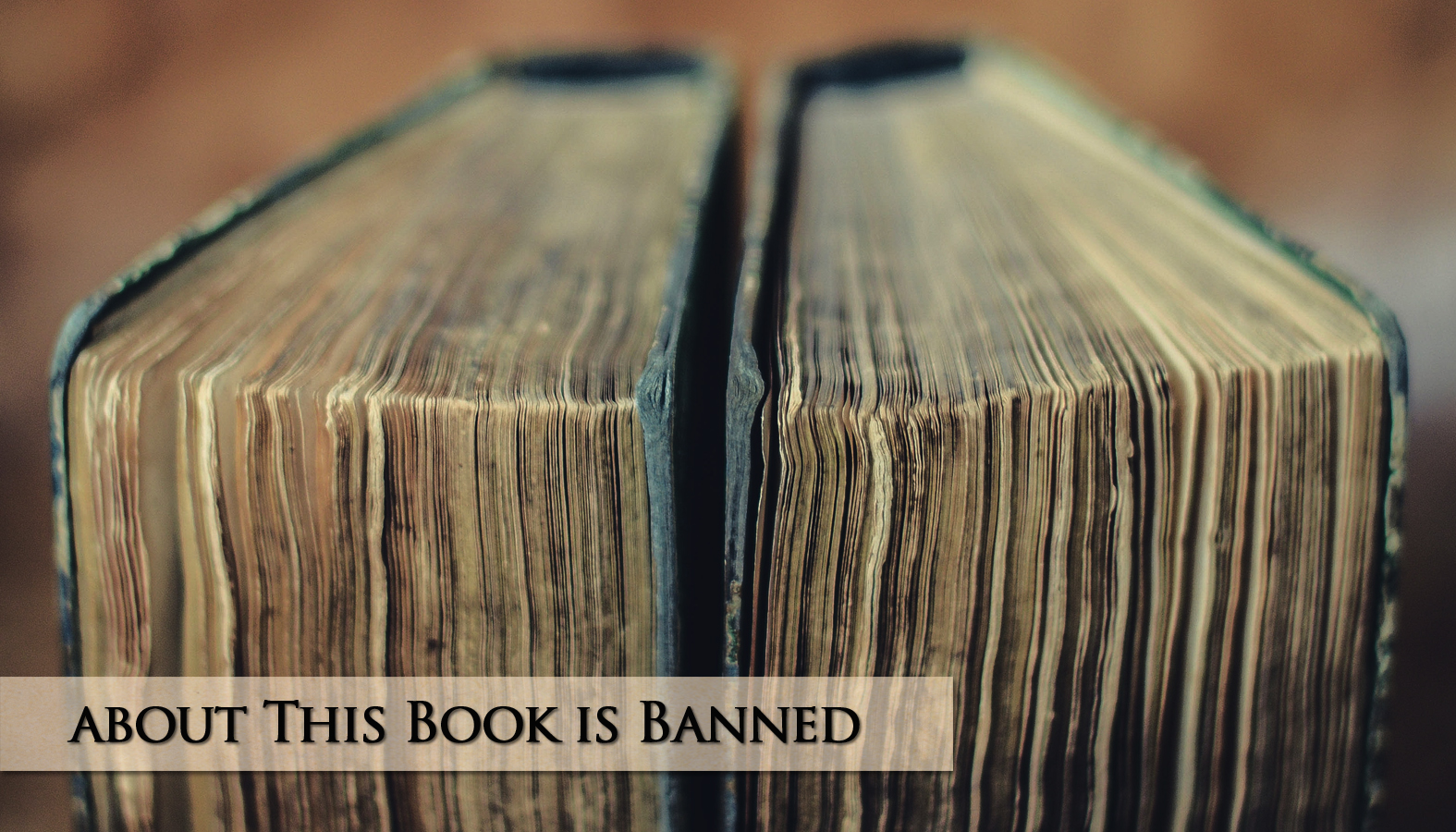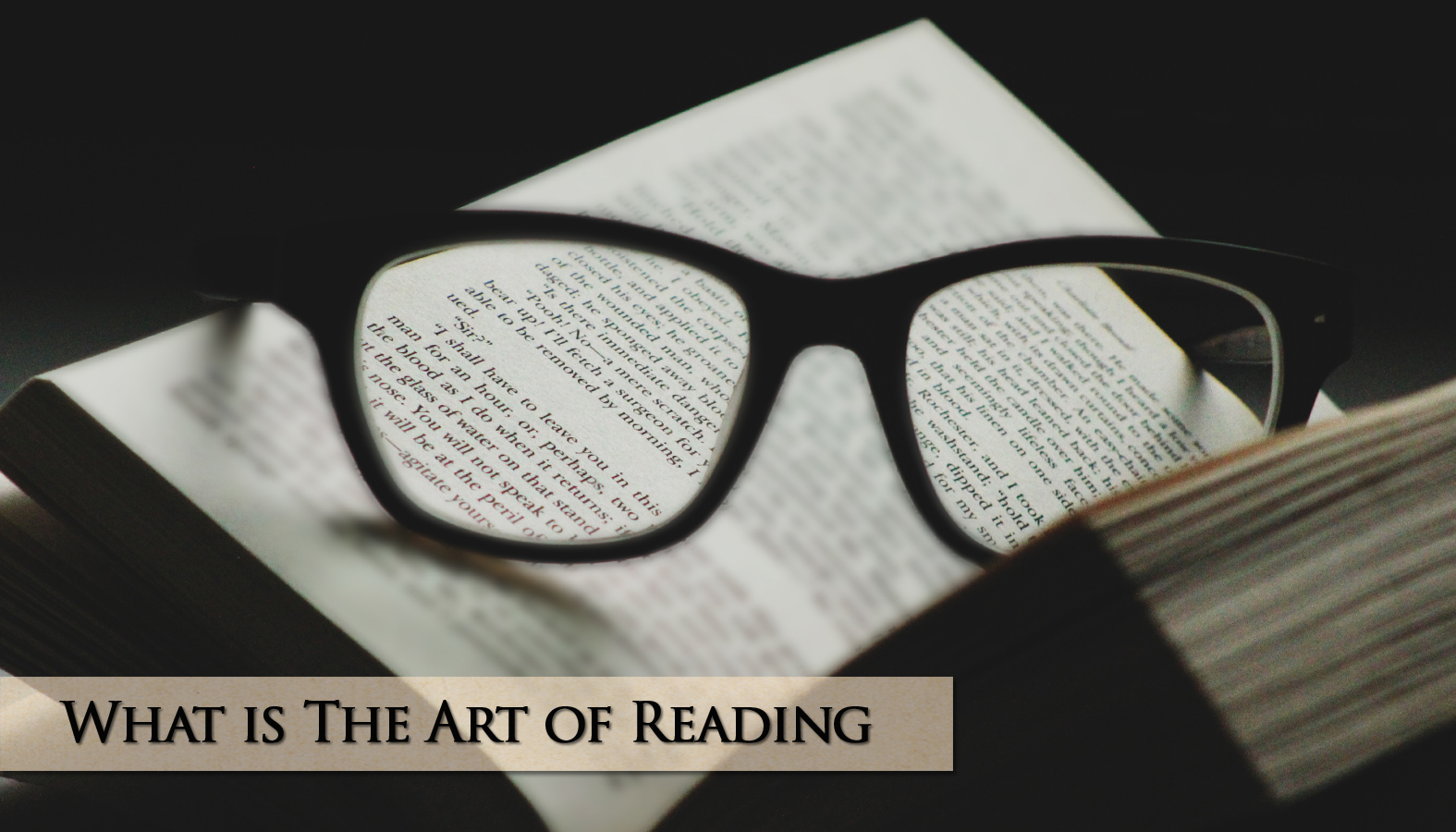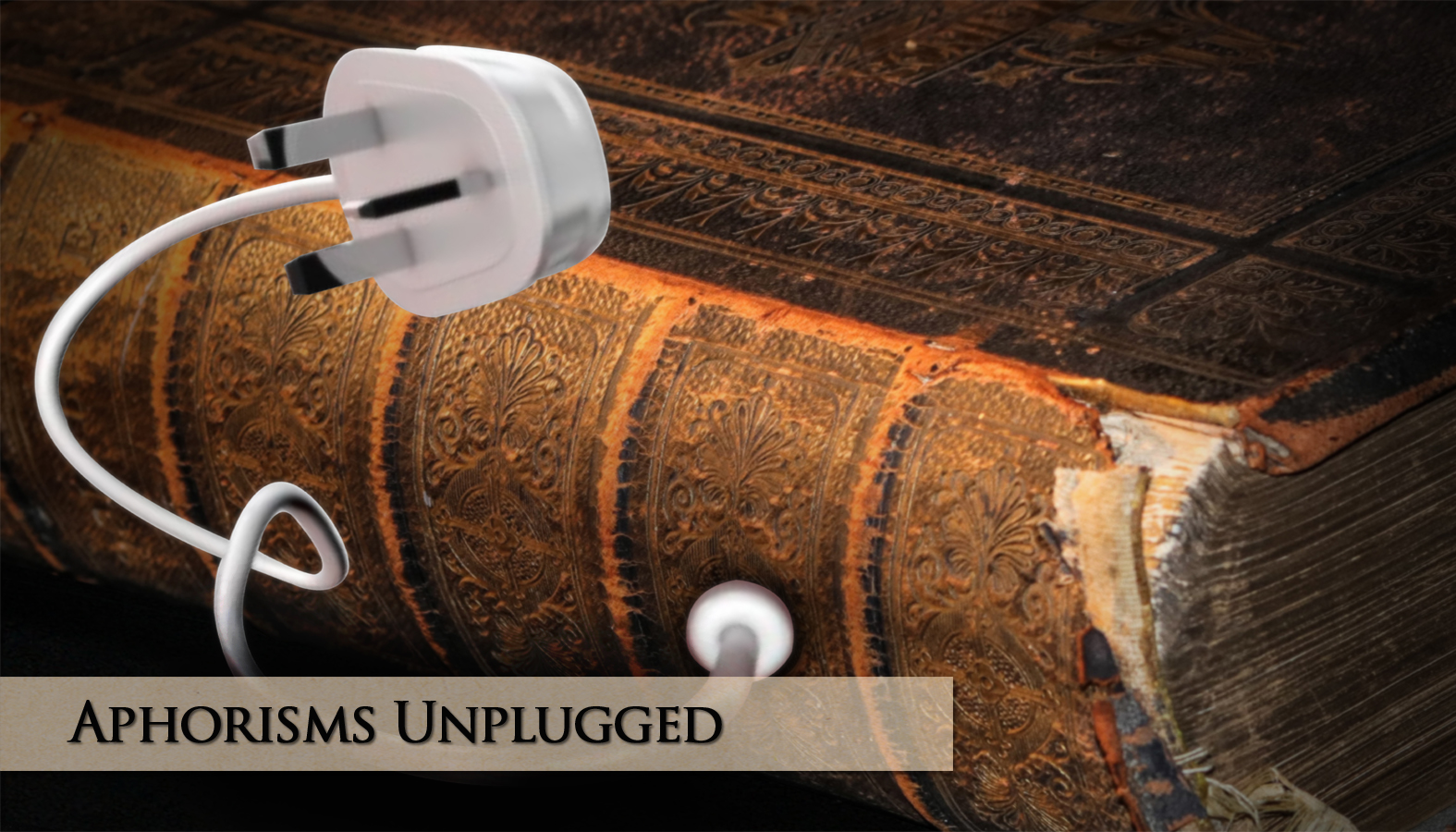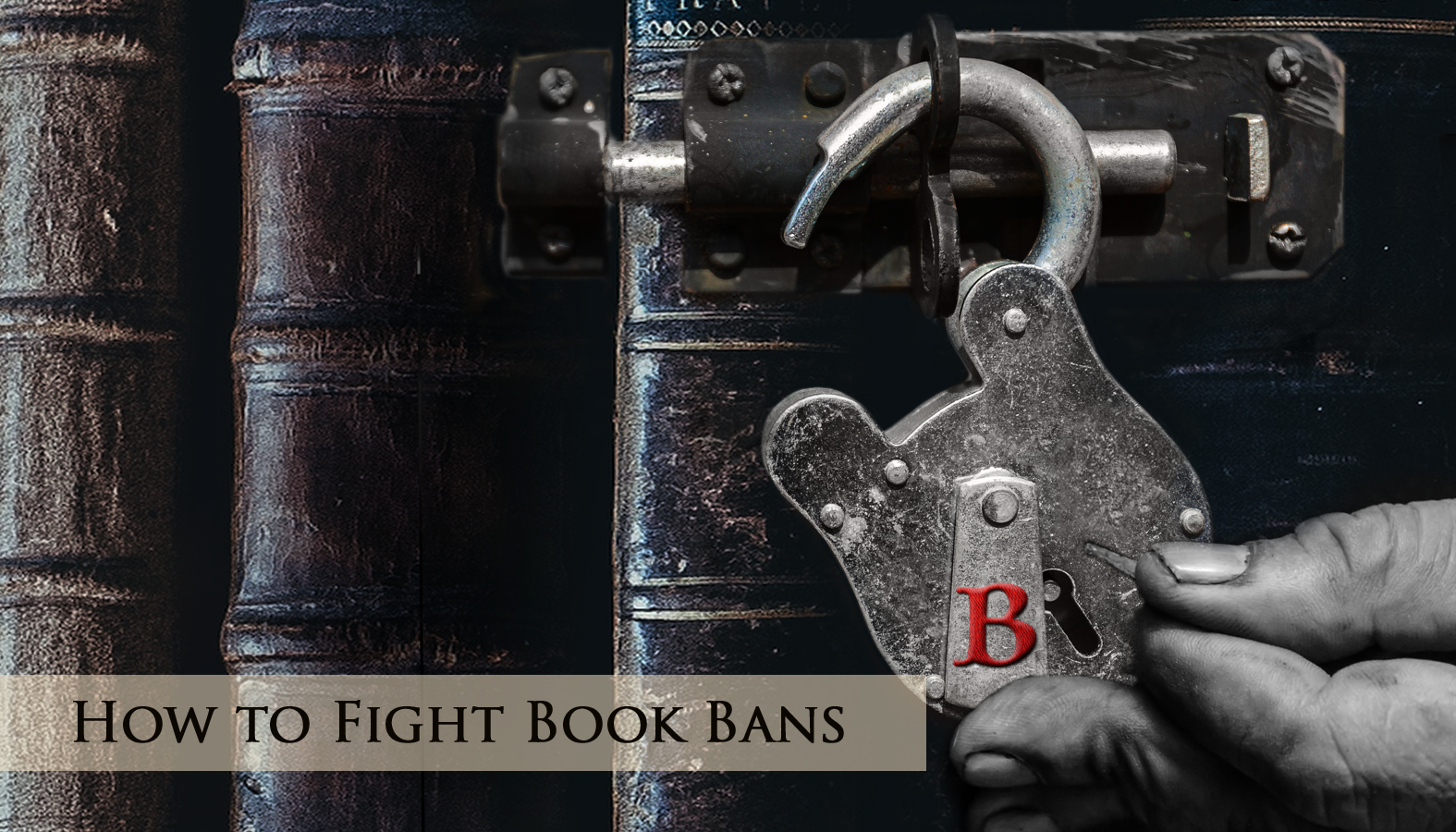Aphorisms Unplugged: It’s a Cakewalk
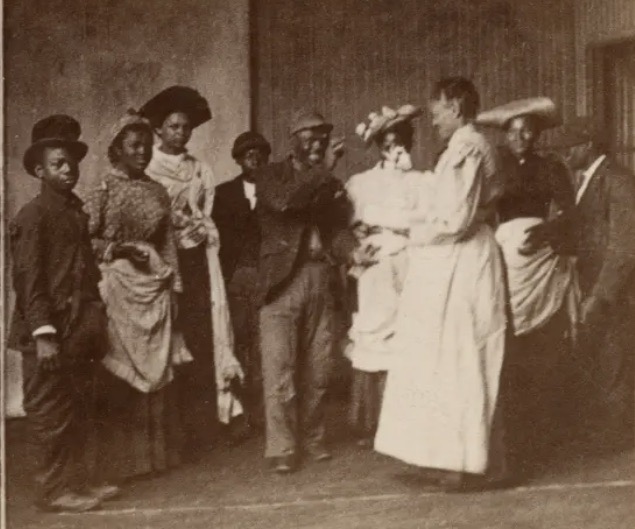
 T
T
he phrase “It’s a cakewalk” is typically used to mean something so easy success is certain. But the origins of this folk form are anything but easy.
All too often the context of popular expressions has been forgotten. Their original message is typically richer and more profound than our contemporary interpretation.
This Book is Banned proffers a few proverbs, sayings, and other pearls of wisdom that have been “unplugged,” as it were. We’ve rebooted, gone back-to-basics, and re-discovered their intended message. In recognition of Juneteenth, we’re taking a look at the expression…
It’s a Cakewalk.
“It’s a cakewalk” is typically used to mean something so easy success is certain, a “no-brainer,” in more modern parlance – like Shakespeare getting an A in English class. It’s ironic, however, that this expression has come to mean something that’s absurdly easy, because the origin of this folk form is anything but easy.
These days a cakewalk is a musical game where participants promenade in a circle comprised of numbered spaces where players land when the music stops. If the number you end up on is drawn by the caller you win, and your prize is – you guessed it —a cake.[1]
The origin of the cakewalk, however, is dark and much more complicated than this appropriated version. Oral histories of enslaved people reveal that the cakewalk originated in the antebellum slave quarters of Southern plantations.[2]
The parents of ragtime musician Shepard Edmonds shared memories of their enslavement with him, and he explained that the dance typically took place on Sundays, when there was little work to be done. It was performed by young and old alike, in “hand-me-down finery,” and involved a prancing walk, high kicks, and personalized shuffles.[3]
Edmonds characterized the cakewalk as a “takeoff on the high manners of the folks in the ‘big house’.”[4] The story that actor Leigh Whipple related about his childhood nurse, however, is more direct. Her account ends with the statement “we used to mock them, every step.”[5]
Plantation owners gathered around to watch the fun, but they clearly missed the satirical point. For, Edmonds’ parents also indicated that competition among enslaved couples “started with the master giving a cake to the couple that did the proudest movement” – hence the term cakewalk.[6]
Exceptional dancers were often taken from one plantation to another to compete in dancing contests with other enslaved Africans. Such competitions were typically betting events for the plantation owners, not unlike betting on the winner of a horserace.[7]
After the Civil War, the cakewalk became a mainstay of the minstrel show, with lavish, mammoth productions often in the guise of a “walkaround finale.”[8] With this turn of events, the cakewalk found a much wider audience, and it was so popular it became a fad.
In the meantime, a radically new form of music was emerging. Piano ragtime was an overnight obsession, and it rode in on the cakewalk.[9] Legendary ragtime composer Scott Joplin described this African-American tradition and referred to its history in his song The Ragtime Dance:
![]() Let me see you do the rag-time dance,
Let me see you do the rag-time dance,
Turn left and do the cakewalk prance,
Turn the other way and do the slow drag
Now take your lady to the World’s Fair
And do the rag-time dance. [10]
Not surprisingly, for white writers of ragtime the music was less about a folk form being adapted to the needs of a new age than it was something to be commercially exploited. Even the famous bandleader John Phillip Sousa got into the act.
Sousa featured cakewalk syncopation in his performance at the 1900 Paris Exposition, as well as the 1904 World’s Fair in St. Louis. In 1908, the Impressionist composer Claude Debussy gave a nod to the cakewalk with his composition The Golliwog’s Cakewalk.[11]
It’s regrettable that, like many African-American folk forms, the cakewalk’s difficult history has been forgotten. In an effort to educate about the origins of this tradition, cakewalks are being incorporated into Juneteenth celebrations around the country… it’s a good start toward setting the record straight.

Share This Post, Choose a Platform!
Endnotes:
[1] Shrumm, Regan. “Who takes the cake? The history of the cakewalk.” May 18, 2016. Smithsonian Institute. https://americanhistory.si.edu/blog/who-takes-cake-history-cakewalk
[2] Ghandi, Lakshmi. “The Extraordinary Story of Why a ‘Cakewalk’ Wasn’t Always Easy.” December 23, 2013. NPR. https://www.npr.org/sections/codeswitch/2013/12/23/256566647/the-extraordinary-story-of-why-a-cakewalk-wasnt-always-easy
Shrumm, Regan. “Who takes the cake? The history of the cakewalk.” May 18, 2016. Smithsonian Institute. https://americanhistory.si.edu/blog/who-takes-cake-history-cakewalk
[3] Baldwin, Brooke. “The Cakewalk: A Study in Stereotype and Reality.” Journal of Social History. Vol. 15 (1981) 208.
Shrumm, Regan. “Who takes the cake? The history of the cakewalk.” May 18, 2016. Smithsonian Institute. https://americanhistory.si.edu/blog/who-takes-cake-history-cakewalk
Ghandi, Lakshmi. “The Extraordinary Story of Why a ‘Cakewalk’ Wasn’t Always Easy.” December 23, 2013. NPR. https://www.npr.org/sections/codeswitch/2013/12/23/256566647/the-extraordinary-story-of-why-a-cakewalk-wasnt-always-easy
Moore, Alex. Cross-Cultural Perspectives on the Creation of American Dance 1619-1950. Global Studies Thesis. Hofstra University, 2010.
[4] Sundquist, Eric. To Wake The Nations: Race in The Making of American Literature. Boston: Belknap press, 1998.
Holstrom, David. “Community, Culture, and Black Experience.” Feb 5, 1993. The Christian Science Monitor. https://www.csmonitor.com/1993/0205/05101.html
[5] Baldwin, Brooke. “The Cakewalk: A Study in Stereotype and Reality.” Journal of Social History. Vol. 15 (1981) 208.
[6] Rudi Blesh and Harriet Janis. They All Played Ragtime. New York: Oak Publications, 1971. Pg 96. https://archive.org/details/theyallplayedrag00bles/page/96/mode/2up?q=edmonds&view=theater
[7] Stearns, Marshall and Jean. Jazz Dance: The Story of American Vernacular Dance. New York: Da Capo Press, 1994. Pp 22-23.
[8] Baldwin, Brooke. “The Cakewalk: A Study in Stereotype and Reality.” Journal of Social History. Vol. 15 (1981) 211.
[9] Baldwin, Brooke. “The Cakewalk: A Study in Stereotype and Reality.” Journal of Social History. Vol. 15 (1981) 211.
Rudi Blesh and Harriet Janis. They All Played Ragtime. New York: Oak Publications, 1971. Pg 13. https://archive.org/details/theyallplayedrag00bles/page/96/mode/2up?q=edmonds&view=theater
[10] Words and Music by Scott Joplin. The Ragtime Dance (1902). https://www.youtube.com/watch?v=MGgS6iGPEaE
[11] Rudi Blesh and Harriet Janis. They All Played Ragtime. New York: Oak Publications, 1971. Pp 74-75. https://archive.org/details/theyallplayedrag00bles/page/96/mode/2up?q=edmonds&view=theater
Stearns, Marshall and Jean. Jazz Dance: The Story of American Vernacular Dance. New York: Da Capo Press, 1994. Pg 123.
Gammond, Peter. Scott Joplin and the Ragtime Era. New York: St. Martin’s Press, 1975. Pg 39.
Image:
Creator: Michael Ochs Archives | Credit: Getty Images




